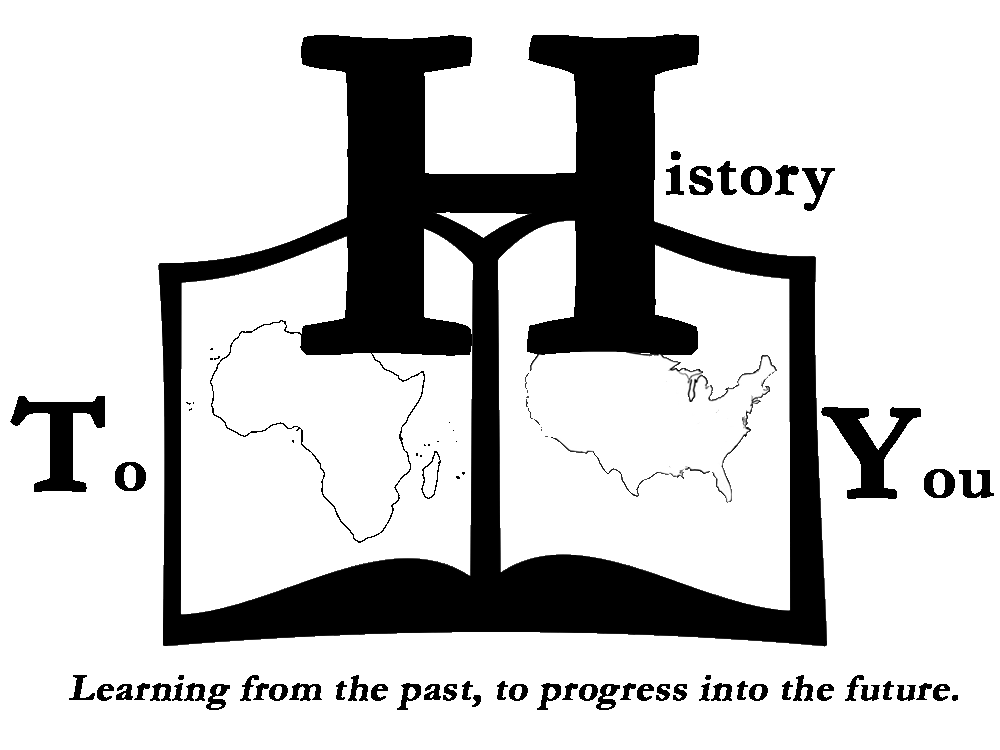
Courses/Lectures
Each of the 34 courses available can be enrolled in individually, or in packages. Each course is an approximately 1-hour session that consists of the opportunity for the students to interact with the associated artifacts, and a discussion exercise tailored for your specific class in accordance with your teacher's curriculum/recommendations. If the Course List below doesn’t fit your needs, we can work together to develop the presentation you desire – from control of the discussion topics to selection of items to be presented.
Frederick Douglass: The Lion of Liberation
Frederick Douglass is by far the most influential and well-known African-American of the 19th Century. Born a slave in Maryland, his escape to freedom as a young man and eventual rise to leader of the abolitionist movement often overshadows many of his later accomplishments. After the passage of the 13th, 14th, and 15th Amendments, Douglass continued to work tirelessly for the equality of all people. He was a leading figure in the Woman’s Suffrage movement, and held several political appointments – including U.S. Ambassador and Washington D.C. Recorder of Deeds. Here in this collection we have a land deed signed by Douglass in his capacity as Recorder of Deeds, along with first edition copies of two of his later autobiographies – My Bondage and My Freedom, and The Life and Times of Frederick Douglass, in addition to an obituary in his honor in Harper’s Weekly, 1895.
Artifacts: Douglass Autobiographies My Bondage and My Freedom and The Life and Times of Frederick Douglass, Signed Land Deed, Harper’s Weekly Obituary




1895 Obituary for Frederick Douglass- When Frederick Douglass died in 1895, he left behind a nation of mourners. Known for his work as an abolitionist, he was recognized as the leading figure in Black politics for several decades from before the start of the Civil War to the end of Black Reconstruction. His death signalled a transition to a new generation of leadership, whose mantle would be taken up by men like Booker T. Washington, James M. Trotter and W.E.B. DuBois. Douglass' obituary here, from Harper's Weekly, is a rare honor for a person of color at that time, with his engraving prominently displayed.
The Life and Times of Frederick Douglass, 1882 - What is often overlooked or forgotten completely is the work that Frederick Douglass did for equality after the Civil War. He fought vigorously for the right to vote for newly freed slaves, and was appointed U.S. Ambassador to Haiti. Additionally, he was appointed Recorder of Deeds for Washington, D.C. - a position to which he brought prominence, after which it became a greater honor to fulfill. After his appointment, the position would later be held by Blanche K. Bruce, the first African-American elected to the U.S. Senate, and James M. Trotter, a leader whose work helped to build the foundation for the NAACP. Douglass also did a tremendous amont of work in the fight for the right to vote for women as well. In fact, it was during his labors for women's rights that Douglass passed away in 1895. This book, one of three autobiographies penned by Douglass, is the last of his works, and covers some of his post-Civil War efforts.


